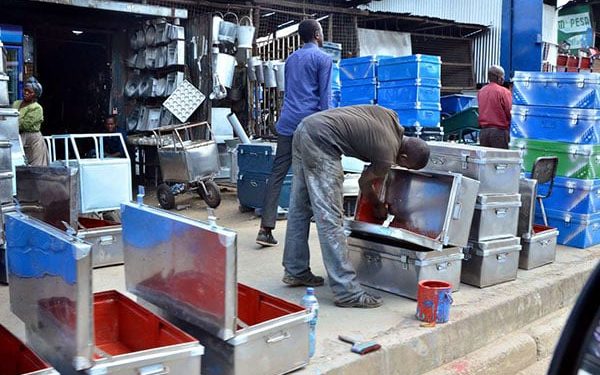In their 2023 draft budget, the nascent Kenya Kwanza administration defined the high cost of labour as one of the challenges that hamper the competitiveness of Kenya’s garment export.
With the Kenya National Qualifications Authority currently undertaking processes for the Recognition of Prior Learning in the informal sector, there is an opportunity for tailors in the informal sector to have their technical and theoretical skills formalised.
For those who don’t have them yet, formalisation that could lead to employment is an incentive that may motivate them to seek out the acquisition of these skills, whose absence contributes to poor passing down of skills to apprentices, poor performance and poverty among tailors.
Read: Kenya Inks Partnership With India To Boost Textile Industry
By introducing these tailors into the labour market for textile workers, there would be an increase in labour supply for this sector that could help put downward pressure on labour prices/wages in the textile industry.
Handmade textiles provide an alternative to machine-made counterparts. The main reason for this is quality, which is much higher for handcrafted fabrics than for machine-made fabric; they are made to last a lifetime.
There is a trade-off here as handmade clothes are costlier to buy, but need to be bought less often as they are of a higher quality. Additionally, with minimal greenhouse gas emissions, handmade fabrics are environmentally friendly.
With the expansion of textiles as a priority for President Ruto’s administration, training, certification and hiring of Jua Kali tailors may be an avenue for the achievement of the goal to increase employment from 50,000 to 500,000 over the next five years.
Email your news TIPS to editor@thesharpdaily.com















